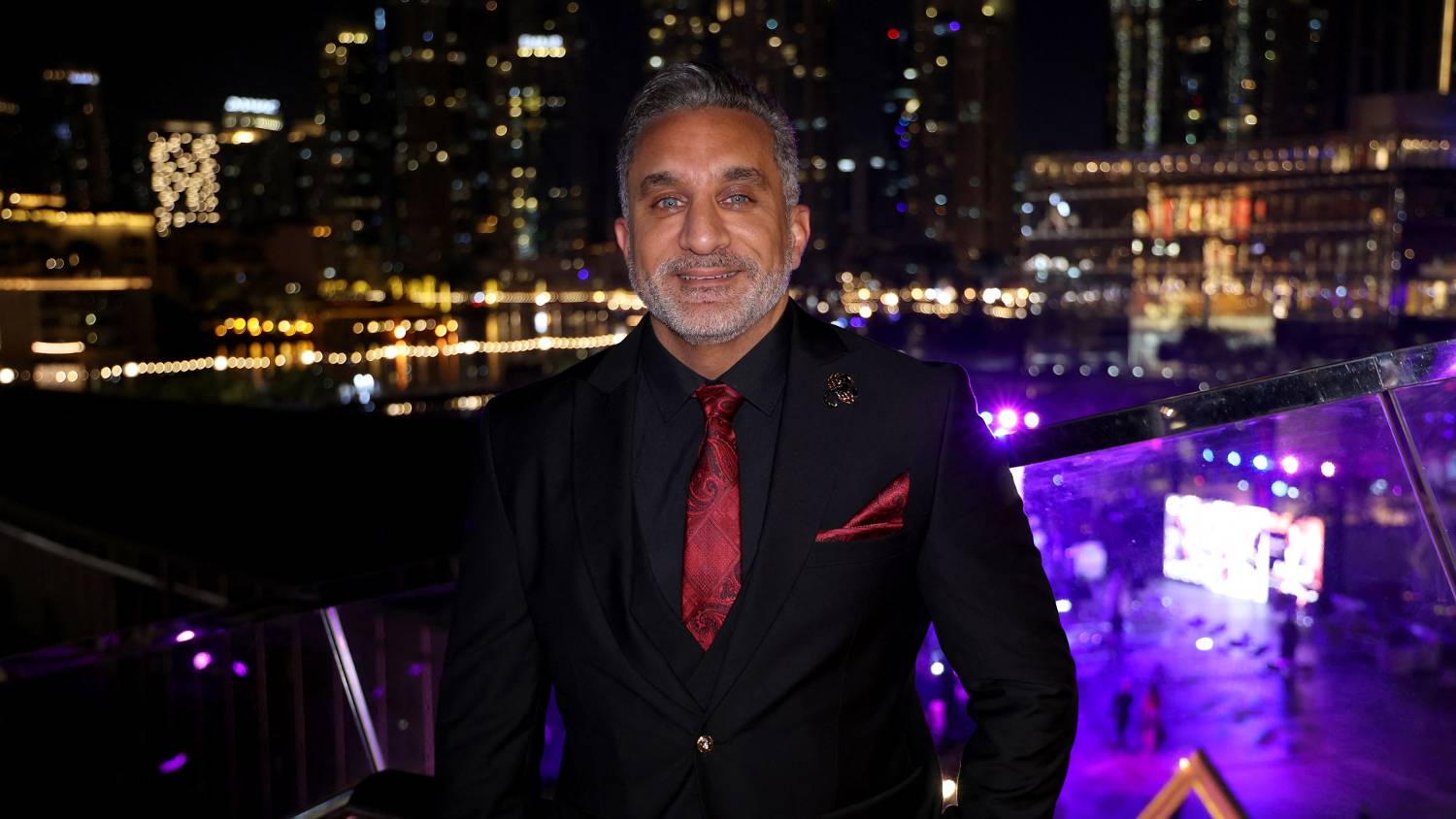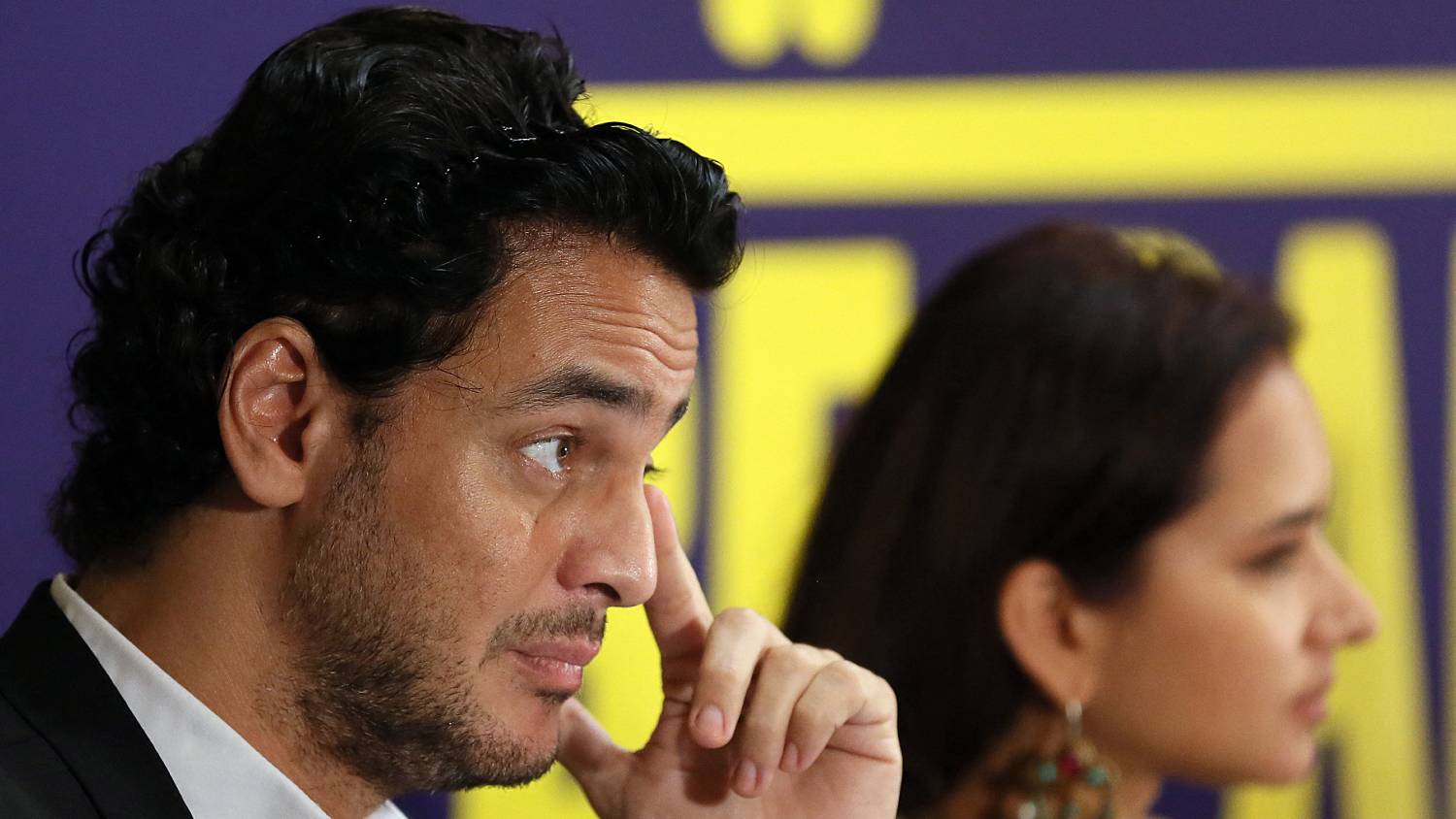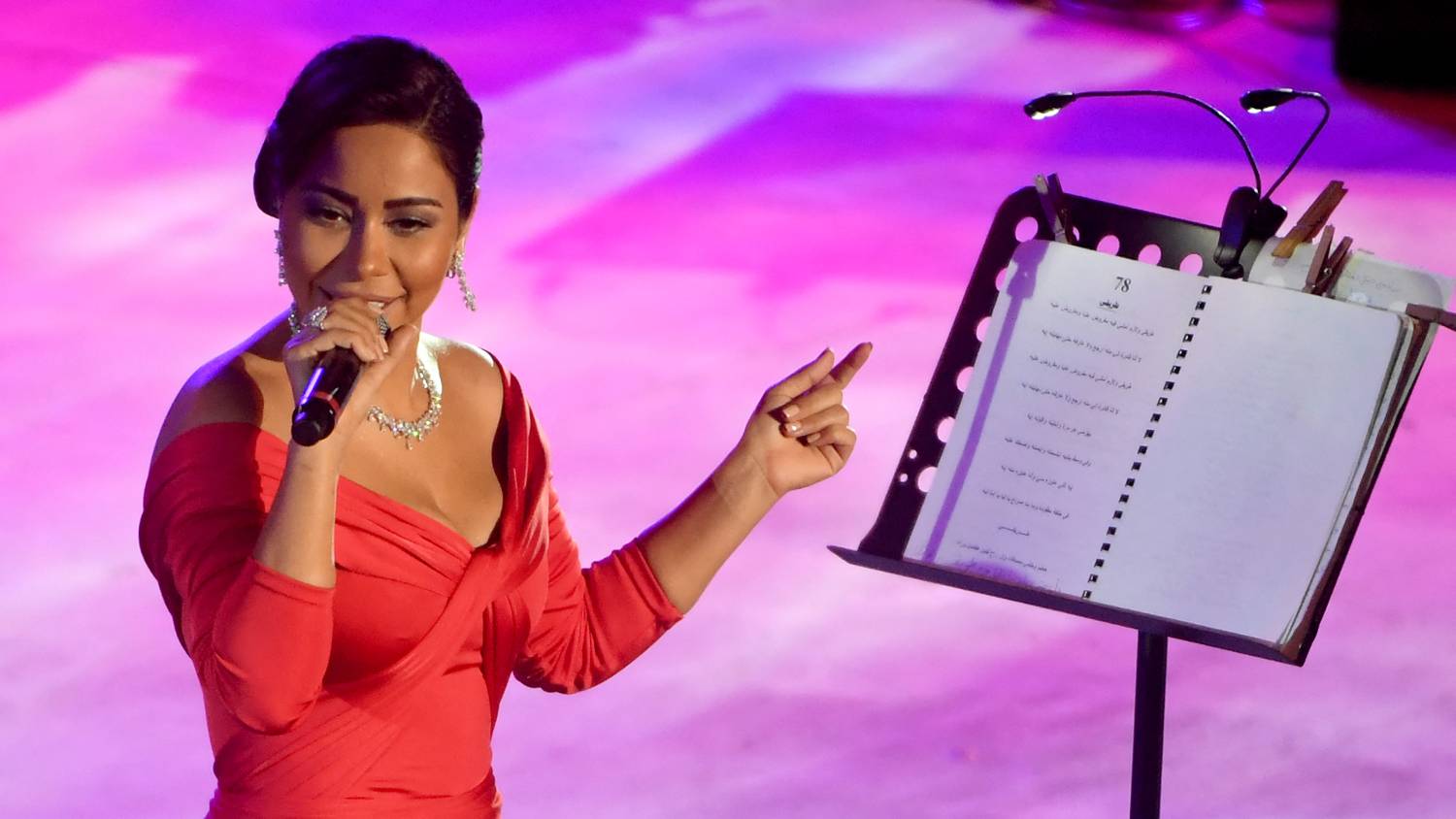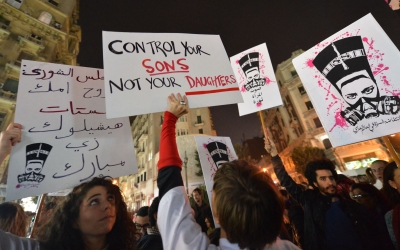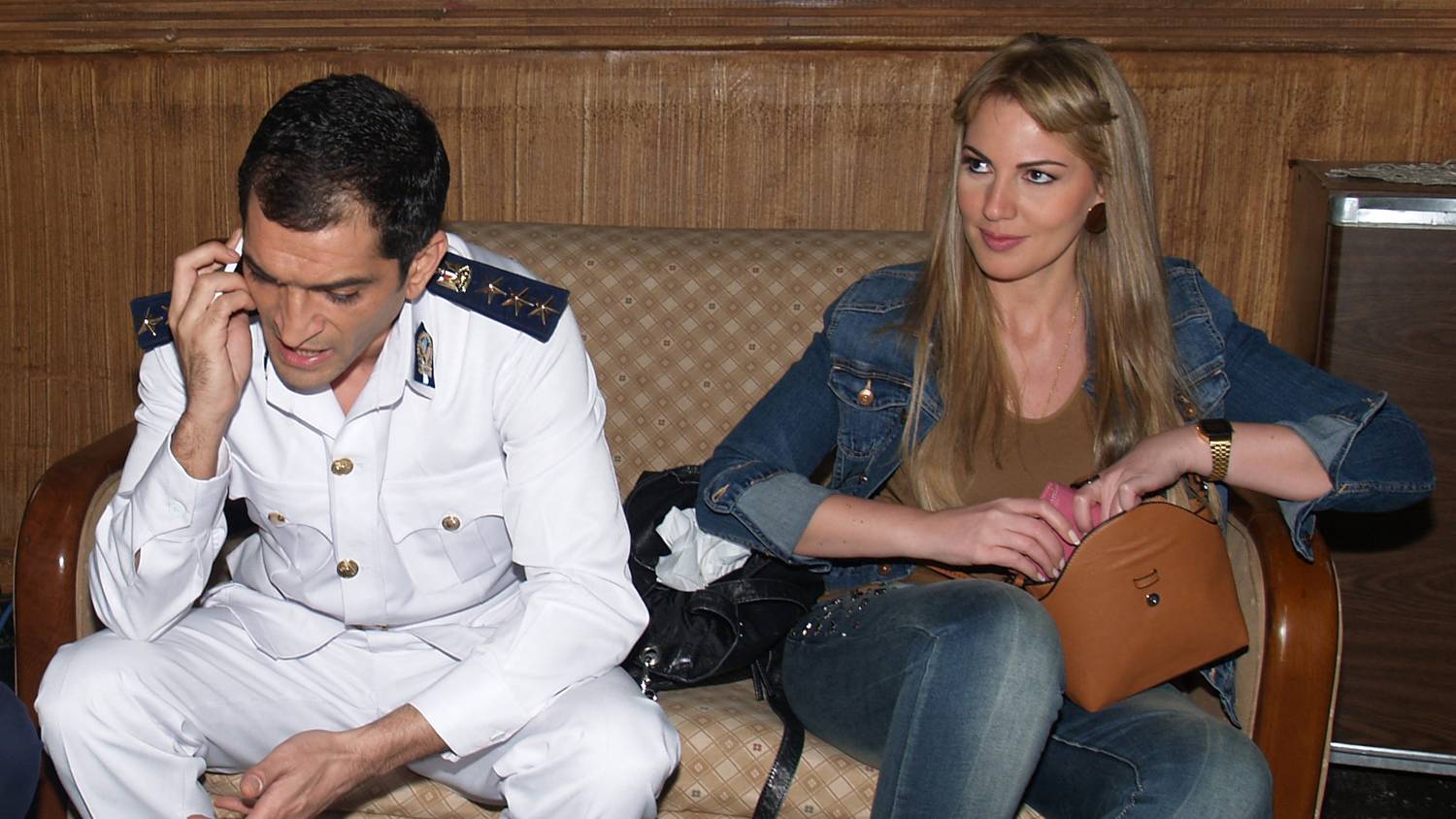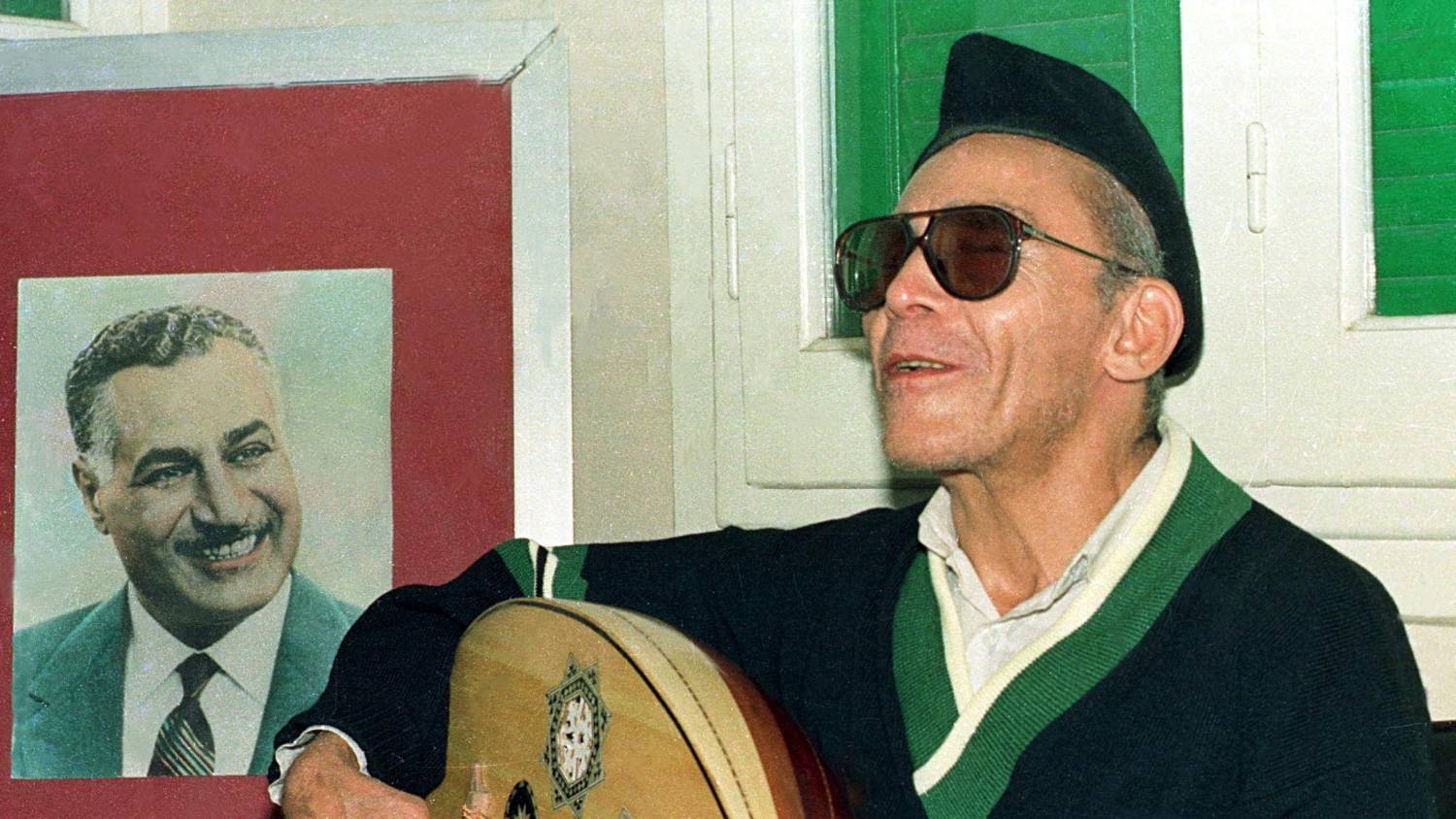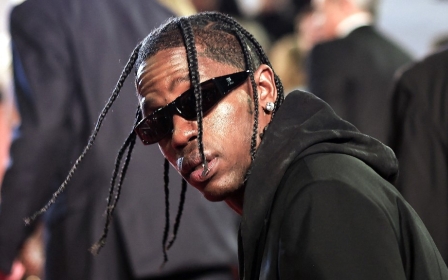The banality of censorship: A decade of war against the arts in Sisi's Egypt
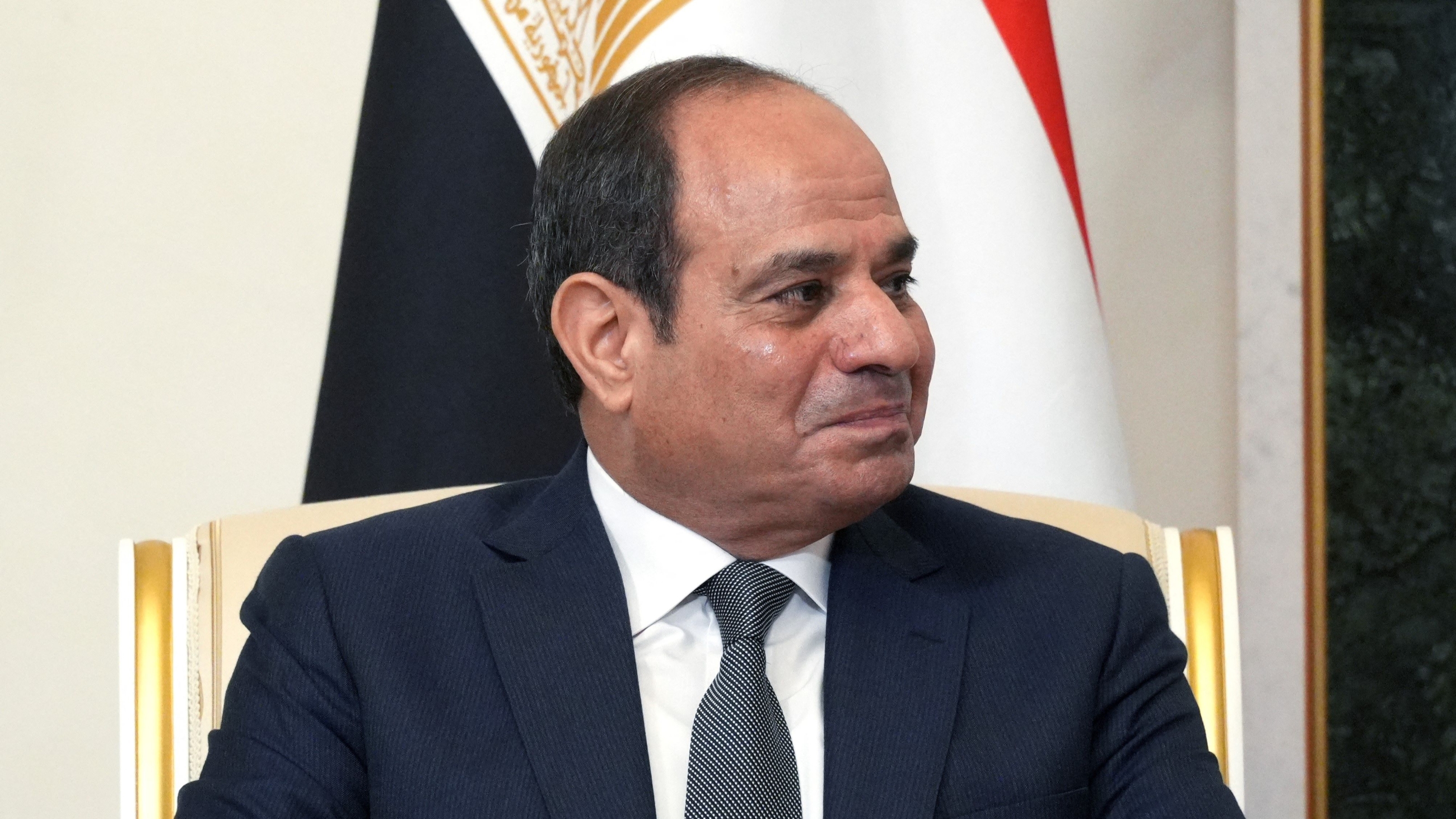
The relationship between the arts and politics in Egypt is as old as the republic. Over the decades, Egyptian artists, willingly or begrudgingly, have been drawn towards circles of power. Their images have been moulded, manipulated, and in cases of dissent, distorted by the nation's successive regimes.
Art's potential for propaganda did not bypass any of the country's despotic leaders, who have relentlessly exploited film, music and TV to influence the public. Incumbent autocrat Abdel Fattah el-Sisi has not deviated from the playbook first devised by Gamal Abdel Nasser and later tweaked by his successors.
Yet in his decade-long reign, the level of sweeping control and censorship his government has enacted has no parallel in Egyptian history.
Like Nasser, Sisi's rule has thus far been characterised by fear and corruption. Unlike Nasser however, the art of the Sisi era is uniquely vacuous: artistically bankrupt, socially irrelevant and revoltingly conformist.
Working under the patronage of the regime, obliging artists and entertainers have amassed sizeable fortunes but there has been one rule post-2013 that nobody has been allowed to break: do not talk politics.
New MEE newsletter: Jerusalem Dispatch
Sign up to get the latest insights and analysis on Israel-Palestine, alongside Turkey Unpacked and other MEE newsletters
Sisi's reign followed a brief period of unprecedented freedom after the 2011 Revolution and a Muslim Brotherhood reign vehemently opposed by the nation's liberal intellectuals.
The waning days of the Mubarak era – arguably the most productive and fiercely creative era in Egypt's contemporary art history – paved the way for a post-2011 artistic explosion.
Theatre, visual arts, independent music, film and even TV were buzzing with young defiant talents who found their calling in challenging the status quo.
Early targets
Hosni Mubarak was intelligent enough to give space to artists and generate the impression of freedom to the western world – a space that mushroomed exponentially over time.
For the former president, the aura of freedom needed to attract foreign investors was more important than the potential threat posed by artists whose social impact he deemed limited.
That miscalculation was identified by Sisi early on, propelling him to close the opening after becoming president a year after the coup.
The crackdown on liberal artistic currents began as soon as Sisi formally took power in 2014 with satirist Bassem Youssef, who after mounting pressure from the new regime, was forced to end El-Bernameg, the most popular Arab TV show of its time.
For liberal intellectuals opposed to Sisi, the end of El-Bernameg came to symbolise the beginning of the end for freedom of expression. In November 2014, Youssef left Egypt and has not returned since.
With the precedent established, the regime went after others. In 2014, film star Khaled Abol Naga was targeted for criticising Sisi and the military in an interview during the Cairo Film Fest. A sickening media crusade followed that took swipes at his sexuality and the actor left for the US, never to make a movie in Egypt again.
Amr Waked, star of Ramy and Lucy, met the same fate. Like Abol Naga, Waked was a staunch critic of Sisi's rule, a position that rendered him a traitor in the eyes of the regime's supporters. The actor made his last film in Egypt in 2016 before leaving for good and in 2019, he was sentenced to eight years in absentia for "insulting the state" .
Youssef, Abol Naga and Waked are among the few brave A-listers who dared speak out and were punished with banishment as a result. Each has enjoyed different degrees of success in the US, where the bulk of their post-exile work has been made. Each has also struggled to adapt in their new adopted homes and none has entirely managed to replicate the success they had in their home country.
Widening the crackdown
The trio are a cautionary tale and examples of the regime's intolerance of voices questioning its authority. Others subjected to witch hunts include the young actor Ahmed Malek (The Swimmers, The Furnace) who faced charges after a 2016 viral prank in which he handed out inflated condoms to police officers to mark the anniversary of the 25 January Revolution.
Singer Sherine similarly faced jail in 2019 for joking about the lack of freedom of speech in her native Egypt during a concert in Bahrain.
In both cases, the entertainers were forced to apologise to death and restate their loyalty before being allowed back to work.
Soon after the 2013 coup, it became clear that no aspect of the art industry would be out of the state's reach.
The first outright ban in film and television during Sisi's reign came as early as 2014 with Ahl Eskenderya (The People of Alexandria), the Khairy Beshara-directed series about state corruption before the 2011 Revolution.
Penned by journalist and early Sisi critic Belal Fadl, Ahl Eskenderya never saw the light of day and Fadl left Egypt a few years later for New York.
Nevertheless, a number of daring works managed to slip through the cracks in the early post-coup period: there was Mohammed Yassin's TV series Moga Hara (Heat Wave, 2013) with its unflattering portrayal of the police and confrontational depiction of marital infidelity, queer relations and familial dysfunction; Ahmad Abdalla's experimental feature Rags and Tatters (2013) with its allusion to the violence that would overtake the country; and Mohamed Diab's Cannes nominee Clash (2016) with its humanistic treatment of the Muslim Brotherhood.
Diab's Clash was shot in 2015 before the Sisi regime turned its full attention to the culture industry. By the following year, all avenues would be closed for any remotely critical work.
The first casualty was The Nile Hilton Incident, Swedish-Egyptian Tarik Saleh's Sundance-winning noir exploring police corruption set during the end of the Mubarak era.
Saleh received official approval to shoot the film in Cairo, but by the time production began, the rules were changed. The filmmaker was bullied by state security who forced him to terminate the shoot and move it to Morocco.
After the film became a box-office smash worldwide, an unofficial screening organised in a Cairo culture centre was raided by police. Saleh, who still has family in Egypt, has not returned to the country since the debacle.
Films far less political than the aforementioned have also had to deal with censors. Tamer El Said's Berlinale contender In the Last Days of the City (2016) was never shown in Egypt for featuring a scene depicting a protest against the army.
Ayan el-Amir and Nada Riyadh's documentary Happy Ever After (2016) was also withdrawn from an independent festival for touching on the 2011 revolution and Omar El Zohairy's Cannes-winning debut Feathers (2021) was never shown in Egyptian cinemas for its focus on the country's poor.
'New taboos'
Censorship has been extended to every single aspect of cultural life in Egypt. Festivals, concerts and cultural events have been routinely scrapped. The foreign funding law criminalises cultural institutions for accepting foreign grants, putting an end to the once thriving independent scene, and numerous private spaces have been closed down.
Compared to the 2000s, Egypt's cultural scene is a wasteland: a heavily surveilled corporatised dystopia crammed with sterile, depoliticised art void of value or purpose.
Downtown Cairo is no longer the heart of Egyptian culture. The lively and egalitarian theatres, art spaces and music halls of previous eras have been replaced by characterless auditoriums in the suburbs where sanitised, government-approved music and art is offered to politically uninterested youth breastfeeding on Sisi's encroaching neo-liberalism.
Television, the most lucrative Arab entertainment sector, is the last battlefield between the government and headstrong producers.
Acknowledging the vast influence of Netflix and American TV, Egyptian producers recognise that they must up the edginess of their shows if they are to survive.
That outlook does not sit well with the Sisi regime who saw in TV, more than any other medium, an indispensable vehicle for its discourse.
Much has been written about the consolidation of Egyptian TV by the military intelligence in 2017, most notably in two lengthy reports by Reuters and the New York Times in 2019.
By 2018, the Egyptian government leapfrogged the private sector by becoming the nation's biggest producer of film and TV, seizing control of channels and by default controlling the flow of advertisement.
This monopoly was not restricted to content. United Media Services - the government-owned conglomerate - and its affiliates effectively dictated wages, eliminating the space for a free marketplace.
New taboos have been imposed barring negative depictions of the police or army, or the country's economic realities.
Sympathetic queer characters are forbidden, nuanced reflections on sex are not permitted and questioning the dogma of 'national unity' or discrimination against Coptic Christians is a no-go.
Military and police propaganda became a fixture in the annual Ramadan season, even when no one is watching.
The apex of the regime's TV propaganda arrived in 2022 with the third installment of Al Ikhtiyar (The Choice), the third part of the big-budgeted series promoting police and military heroics in post-coup Egypt.
The show, which combines dramatisation with manipulatively edited documentary footage, chronicled the toppling of the Muslim Brotherhood and featured Sisi himself as the primary protagonist of the story.
A series of flops, mismanagement and growing competition from Saudi-owned mega corporation MBC in the past year has somewhat loosened the regime's grip over TV, but censorship for any series wishing to film in Egypt remains as unbending as before.
Over the past couple of years, a number of series have ventured to tackle social issues (mostly women's rights) albeit from the confined parameters set out by the regime.
Art free of value
The rest of the arts have stood at arm's length from the increasingly muddled and distressing reality of the country.
Film has become a means for distraction, mainstream music is disturbingly fixated on partying and art has become insular and esoteric.
Independent film and music, meanwhile, are constantly thrust in a draining battle against a censorship system whose sole interest is self-preservation. To the average artist working in Egypt, their modus operandi has been: "We don't want to talk politics. We just want to make art."
While strong censorship applies to Saudi Arabia's rulers, platforms in that country are becoming more liberal and lenient than their Egyptian counterparts
The more popular an artist is, the more they are pressured to promote the regime's agenda.
Like previous regimes, actors and musicians are habitually summoned to give speeches in front of the president on TV. Many actors are asked to write posts on social media expressing their support for the system.
Some do it willingly of course, and the culture scene has its fair share of regime sympathisers who do believe in the Sisi project. But the general rule is that if you are going to work with the Egyptian Media Services and the regime-affiliated companies, you have to succumb to their demands.
Others have found refuge in Gulf and Lebanese productions. Lebanese TV mogul Sadiq Al Sabah, for example, has provided a freer alternative to the United Media Services.
Saudi Arabia, meanwhile, has become a mecca (no pun intended) for Arab artists with its lucrative offers and a cinema box-office that now ranks as the biggest in the region.
Ironically, while strong censorship applies to Saudi Arabia's rulers, platforms in that country are becoming more liberal and lenient than their Egyptian counterparts. This week's seeming cancellation of the widely publicised concert of American rapper Travis Scott who recently performed in Saudi Arabia to no protests or obstacles is one case in point.
Turning point
The turning point for the Nasser regime was the 1967 defeat to Israel in the Six-Day War. Sensing the disillusionment of the public, Nasser allowed an unprecedented period of freedom, during which artists were allowed to produce critical works that doubled as a venting apparatus.
The Sisi regime could be reaching that turning point now. Having spent the past few years arresting random influencers and members of the LGBTQ community, the regime now knows that public outcry is too far-reaching and too intense to contain.
The economic crisis since the coup has dented Sisi's popularity and destroyed the credibility of his government. The seriousness of the so-called national dialogue and erratic release of political activists remains profoundly questionable - activists like Alaa Abd el-Fattah remain in prison after all. And while some producers have been allowed to compete with United Media Services, the tyrannical censorship is showing no signs of improvement with the constant harassment of independent artists driving them out of the country.
It is difficult not to draw parallels between the present cultural landscape in Egypt and that of the Eastern Block during the Cold War. Artists at the time tussled to exploit gaps in the system to deliver their dissident work and were largely unafraid of risking punishment.
The situation in Egypt is quite similar: every artist must make a moral choice in either agreeing to collaborate with the regime or staying silent on the rampant injustices.
As the catastrophic state of the economy shows no signs of recovery, artists taking the side of the regime risk further alienation from a battered public.
A number of upcoming independent works tackling different facets of the Egyptian reality in fresh subversive forms will test the resilience of the censorship and by default the regime's willingness to allow a venting of anger similar to the post-1967 era.
However, these attempts remain limited in scope and reach. The defiant art of Sheikh Imam, Youssef Chahine, Hussein Kamal and Inji Aflatoun is a thing of the past.
The spirit of rebellion has been crushed by 70 years of military dictatorship. Survival trumps self-sacrifice; it trumps what has felt like a long futile fight against an unconquerable foe. Some artists have attempted to incur change by fighting for a tiny space that allows expression within the system.
The majority, however, have stood idle, churning out sterile art created for nothing but profit-making; the opposite of Iranian artists whose valiant efforts in fighting the system puts Egyptians in the shade.
Evil, as Hannah Arendt famously put it, acquires its character when it becomes the norm - when it's treated as an ordinary facet of life. This is where we are now: an idle intelligentsia that sees no evil in staying silent over the crimes of a failed regime that has driven millions to ruin.
This article is available in French on Middle East Eye French edition.
Middle East Eye delivers independent and unrivalled coverage and analysis of the Middle East, North Africa and beyond. To learn more about republishing this content and the associated fees, please fill out this form. More about MEE can be found here.


